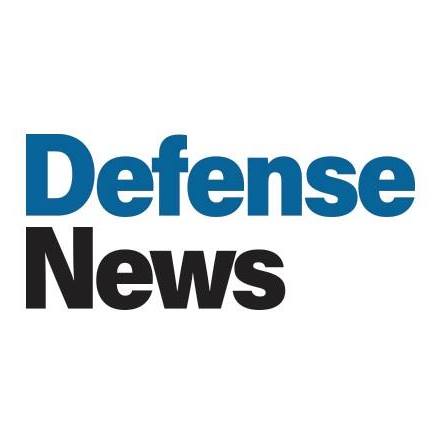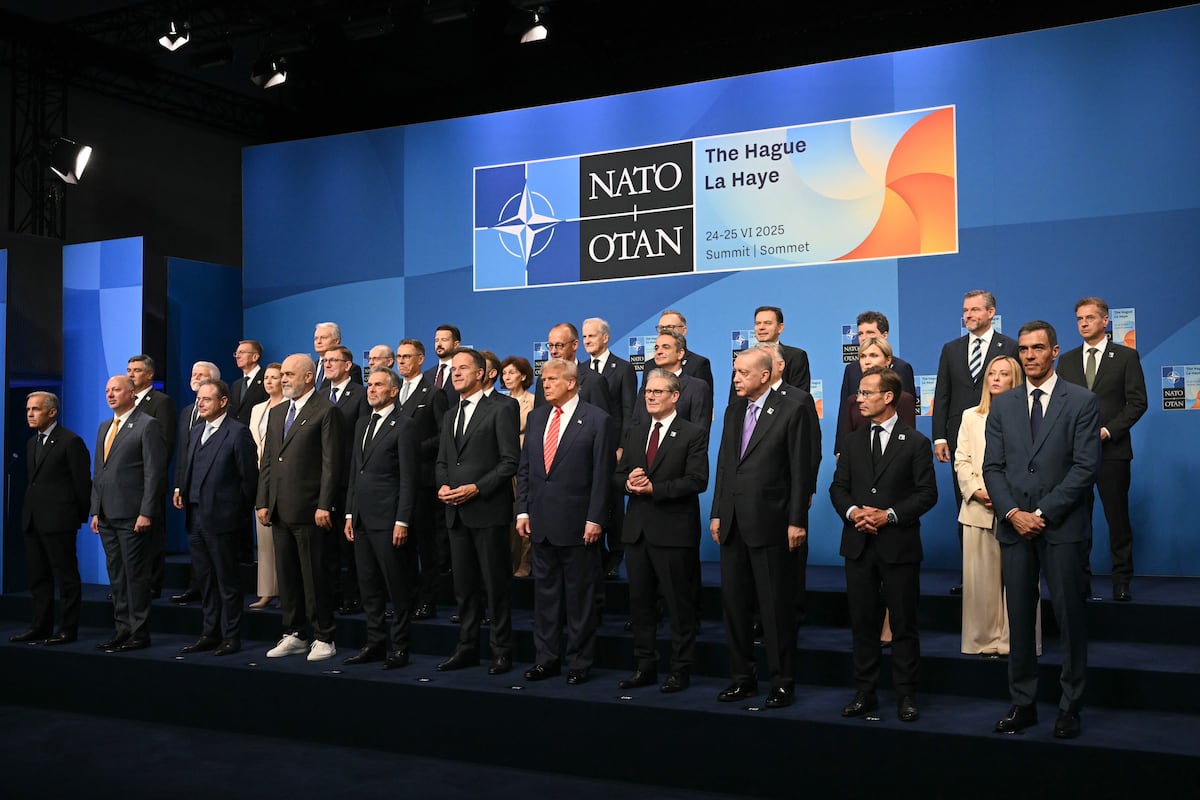



PARIS — NATO allies agreed to boost defense spending to 5% of GDP, NATO Secretary-General Mark Rutte said after a vote of the 32 member countries on Wednesday at a summit in The Hague.
As part of the agreement, allies committed to investing at least 3.5% of GDP on “core defense requirements,” up from the current target of 2%, Rutte said at a press conference following two days of meetings. The NATO secretary-general credited United States President Donald Trump for the result, saying the spending increase wouldn’t have happened without him.
Trump has repeatedly criticized European NATO members and Canada for not spending enough on defense, suggesting the U.S. might not honor the alliance’s mutual-defense commitments for allies that don’t step up. As recently as two years ago, most NATO countries had failed to meet a 2% spending target agreed at a summit in Wales in 2014.
“All allies are united in the understanding that we need to step up to stay safe,” Rutte said. “European allies and Canada will do more of the heavy lifting, equalizing their spending and taking greater responsibility for our shared security.”
Rutte said Trump has been clear that the United States is commited to NATO and “affirmed it again today in no uncertain terms,” while at the same time making clear that the country expects Europe and Canada to contribute more. He said NATO’s Article 5 mutual-defense clause “is absolutely clear,” but the alliance doesn’t provide details on what will trigger it to avoid helping adversaries.
In a press conference before heading back to Washington, Trump struck a conciliatory tone as he sought to harvest praise for the spending boost.
“I came here thinking it’s something I’m supposed to be doing,” he said. The summit proceedings had changed his mind, as he absorbed individual messages of patriotism from alliance member representatives, Trump said.
“It’s not a rip-off,” he told reporters, reversing his long-held grievance, at least for the moment, that Europeans were taking advantage of the United States. “We’ll help them protect their country.”
The U.S. has been asking for allies to lift defense spending since the 1950s, and the agreement reached in The Hague will make the alliance more stable, according to Rutte. He said there is a need to bolster NATO in the face of a threatening Russia, as well as an “impressive military buildup” by China.
Rutte said Russia is a short-term and long-term menace to the alliance, with intelligence suggesting the country could be ready to attack NATO in the next three to seven years. “The Russia threat is there, and we need to make sure to be able to defend ourselves.”
With Trump having demanded NATO allies spend 5% of GDP on defense, the agreement in The Hague is a bit of a workaround, with 3.5% for core defense tasks and an additional 1.5% on measures that support defense and security, for example investment in infrastructure and cyber defense.
“These decisions will have a profound impact on our ability to do what NATO was founded to do, deter and defend,” Rutte said.
U.S. spending on core defense is around the required level already, and its spending on infrastructure, cyber and hybrid threats and developing the defense-industrial base puts the country “more or less” at 5%, according to Rutte. The NATO leader said Trump “was totally right” that Europe and Canada were not providing to the alliance what they should.
Trump said in a press conference with Rutte before the vote that the agreement to increase spending was “a great victory for everybody, I think, and we will be equalized very shortly, and that’s the way it has to be. And it’s going to be a lot of money too, a lot of defense.”
Rutte said more spending will fund air defenses, ammunition, drones, tanks and troops. He said NATO needs to expand defense industrial capacity on both sides of the Atlantic, which could potentially create millions of new jobs across the alliance.
“We need quality and quantity,” the secretary-general said. “We need to innovate and we need to act fast.”
Some countries including Spain and Belgium have questioned the 3.5% target, and Rutte said Spain estimates it can reach its NATO capability targets while spending 2.1% of GDP on defense. The secretary-general said allies will report on how they will reach the capability targets, and NATO will “anyway have a review of all of this” in 2029.
Spain has consistently been at or near the bottom of military spending in NATO, last year ranking last with an estimated 1.3% of GDP spent on defense.
In his post-summit press conference, Trump blasted Spain for seeking an exception to the 5% spending goal. He suggested trying to recoup the notional funding difference by skewing U.S. trade with Madrid in Washington’s favor.
NATO allies have pledged more than €35 billion euros ($41 billion) for Ukraine so far this year to help the country fend of Russia’s invasion, according to Rutte, who said he expects total aid in 2025 to surpass last year’s pledged support of more than €50 billion.
Sebastian Sprenger in Cologne, Germany, contributed to this report.
Rudy Ruitenberg is a Europe correspondent for Defense News. He started his career at Bloomberg News and has experience reporting on technology, commodity markets and politics.
